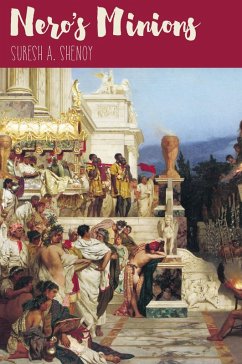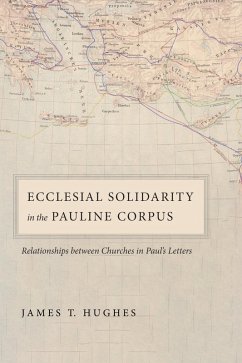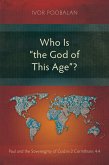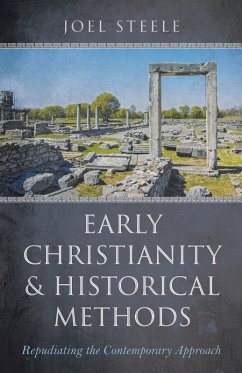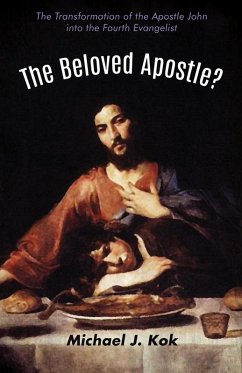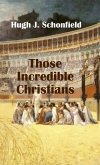Tacitus told us in his Annales that 'informants' framed the Christians for the Great Fire at Rome in July A.D. 64.
Clement of Rome wrote to the Corinthians of 'jealousy' of factional rivalry in the Roman Church that brought about the deaths of Peter and Paul.
The Acts of Apostles recorded that James the Elder humiliated Paul at Jerusalem when they met for the last time in A.D. 58.
Paul's five of the six personal Epistles show us how seriously vengeful he was. His tendency to rage and hate was extraordinary. Psychosis caused his hallucinatory visions made worse by physical ailments. In this context, events conspired to unleash Paul's pent up fury against the Elders in A.D. 64. The form it took is the subject of this book.
Paul was free from house arrest at Rome in A.D. 62. James the Elder was murdered in A.D. 63 at Jerusalem at the behest of Ananus ben Ananus, the new high priest. While Paul was free of James, he still had Peter and his faction to deal with at Rome.
Nero's henchmen caused the Great Fire of Rome, wrote Tacitus. The Emperor was looking for scapegoats to save himself from the lynching mobs. There was an urgent need for a set up with a 'Judas Kiss' perhaps.
By piecing together all the available bits of circumstantial evidence, the picture emerges of Paul and his Gentile faction jumping at their once in a lifetime chance. They 'informed' Nero's henchmen that Peter and his Judaic faction caused the fire. The bloodbath that followed is a gory tale of ancient Rome. It horrified and disgusted even the Roman mobs with deadened sensitivities, reported Tacitus.
Paul's coup against the Judaic faction, first led by James the Elder and lately by Peter, succeeded beyond his expectations.
Using subtle literary conventions, the Synoptic Evangelists told their readers about this awful crime with a subtext of irony and the ancient narrative technique of 'analepsis' in their foreground texts, the Gospels. These Gospels thus projected their contemporary historical events and practices into the past as if they had occurred in the life of Jesus. The shifting of the events into the past was merely fictional, while the events themselves were factual and personally experienced by the Evangelists.
Dieser Download kann aus rechtlichen Gründen nur mit Rechnungsadresse in A, B, CY, CZ, D, DK, EW, E, FIN, F, GR, H, IRL, I, LT, L, LR, M, NL, PL, P, R, S, SLO, SK ausgeliefert werden.

